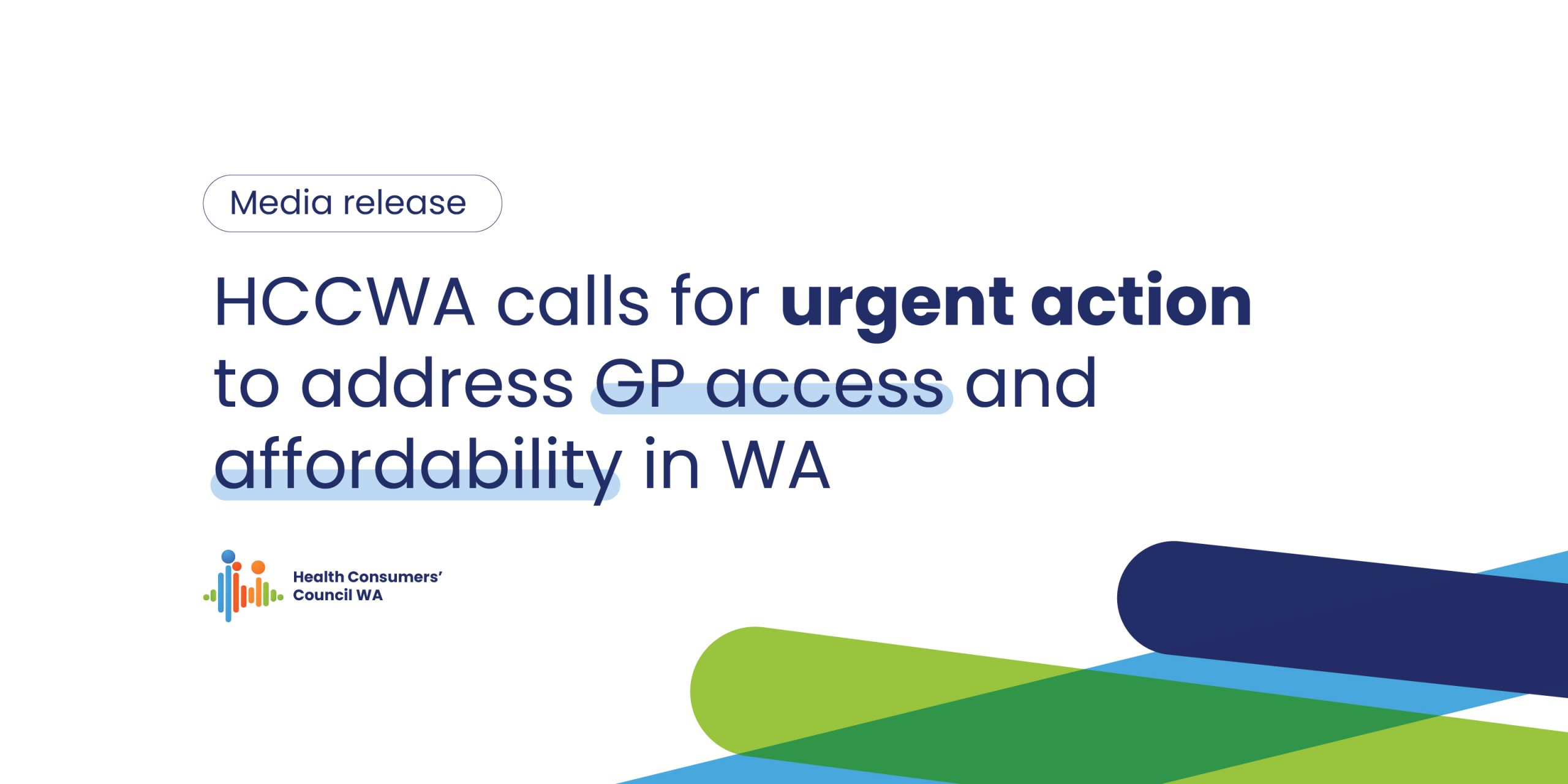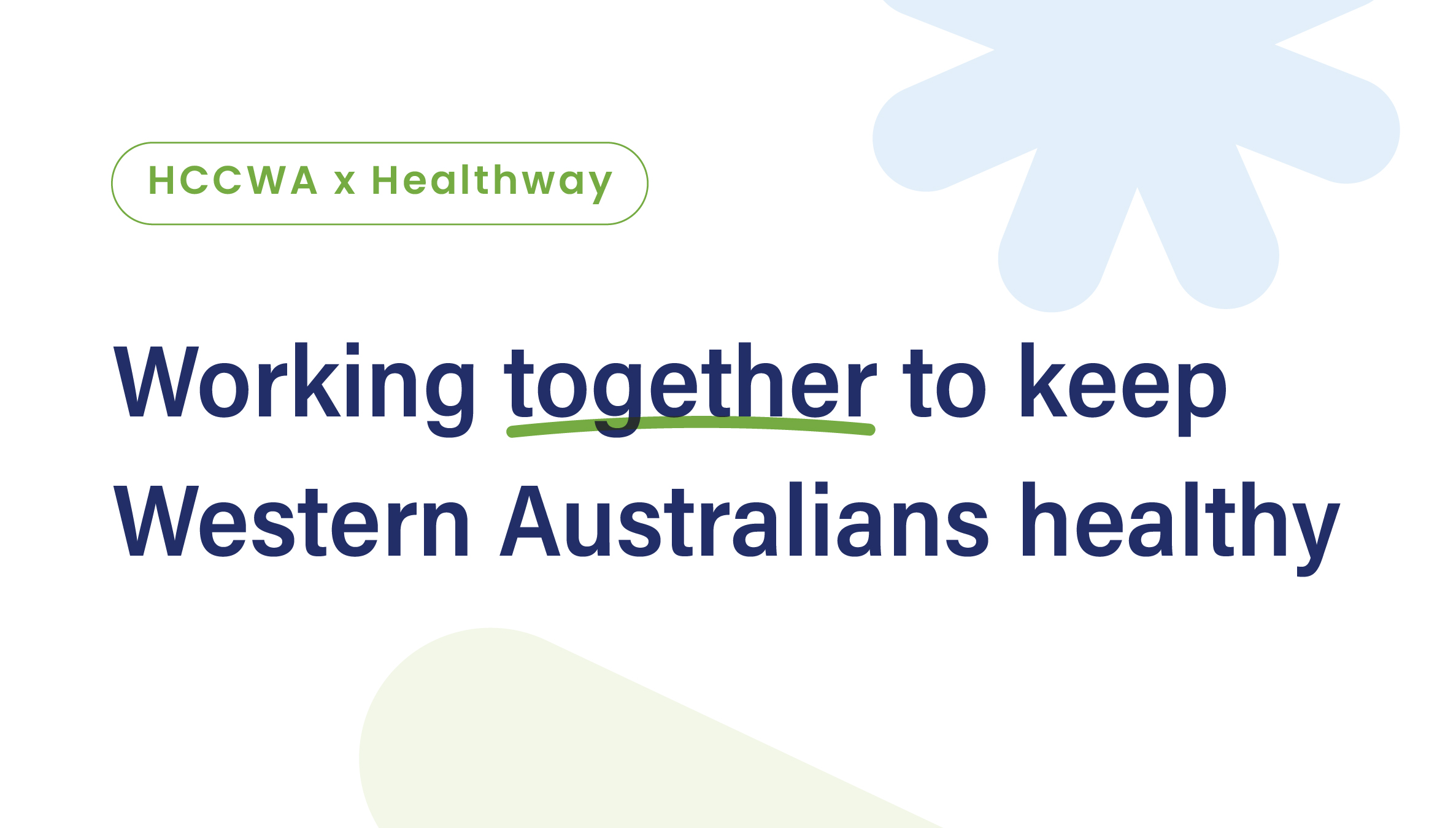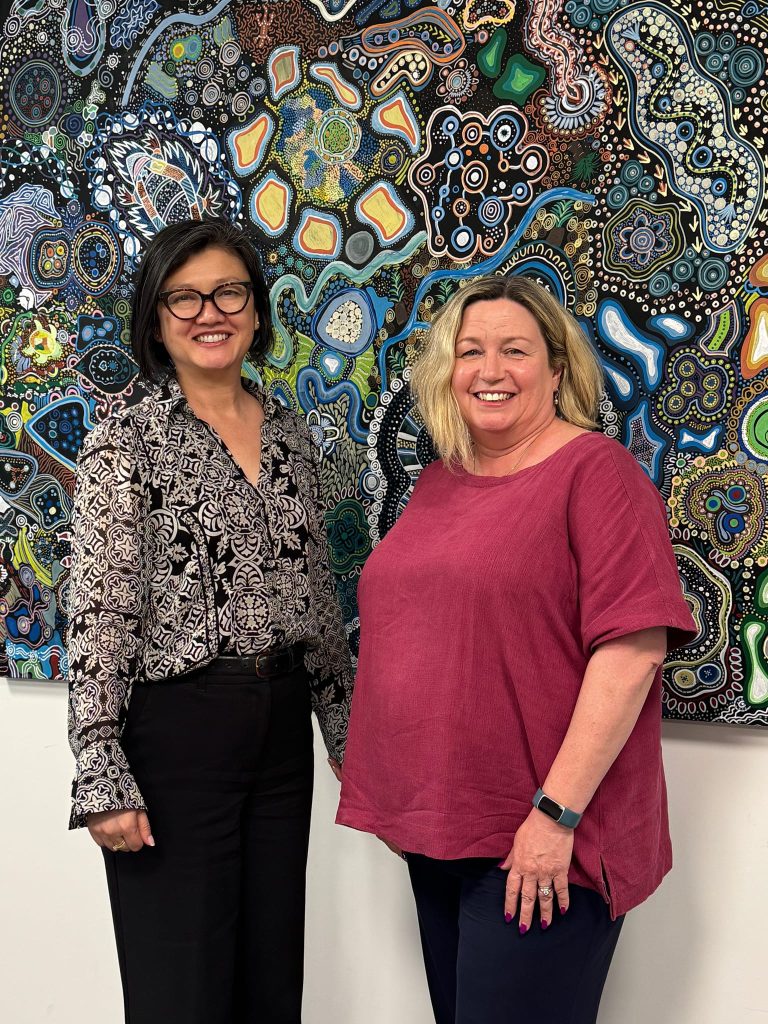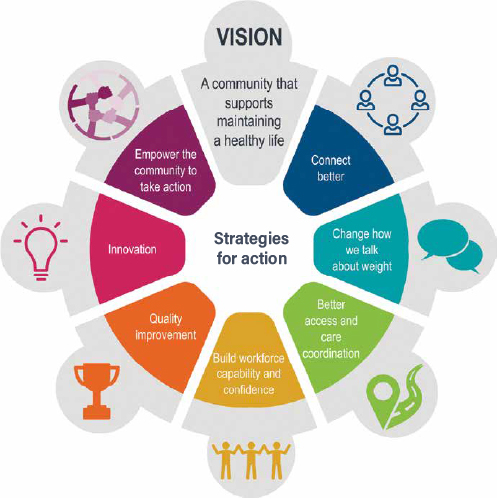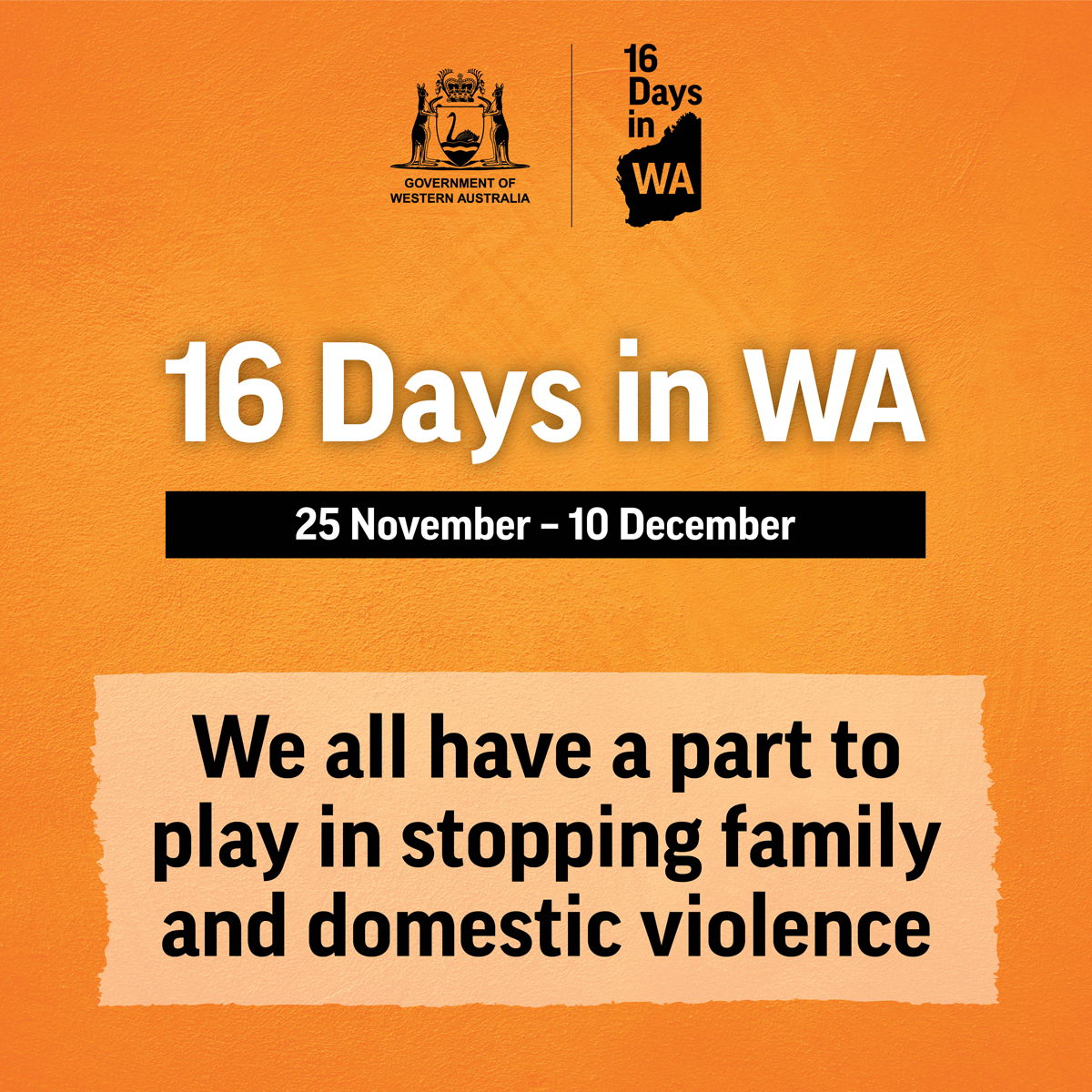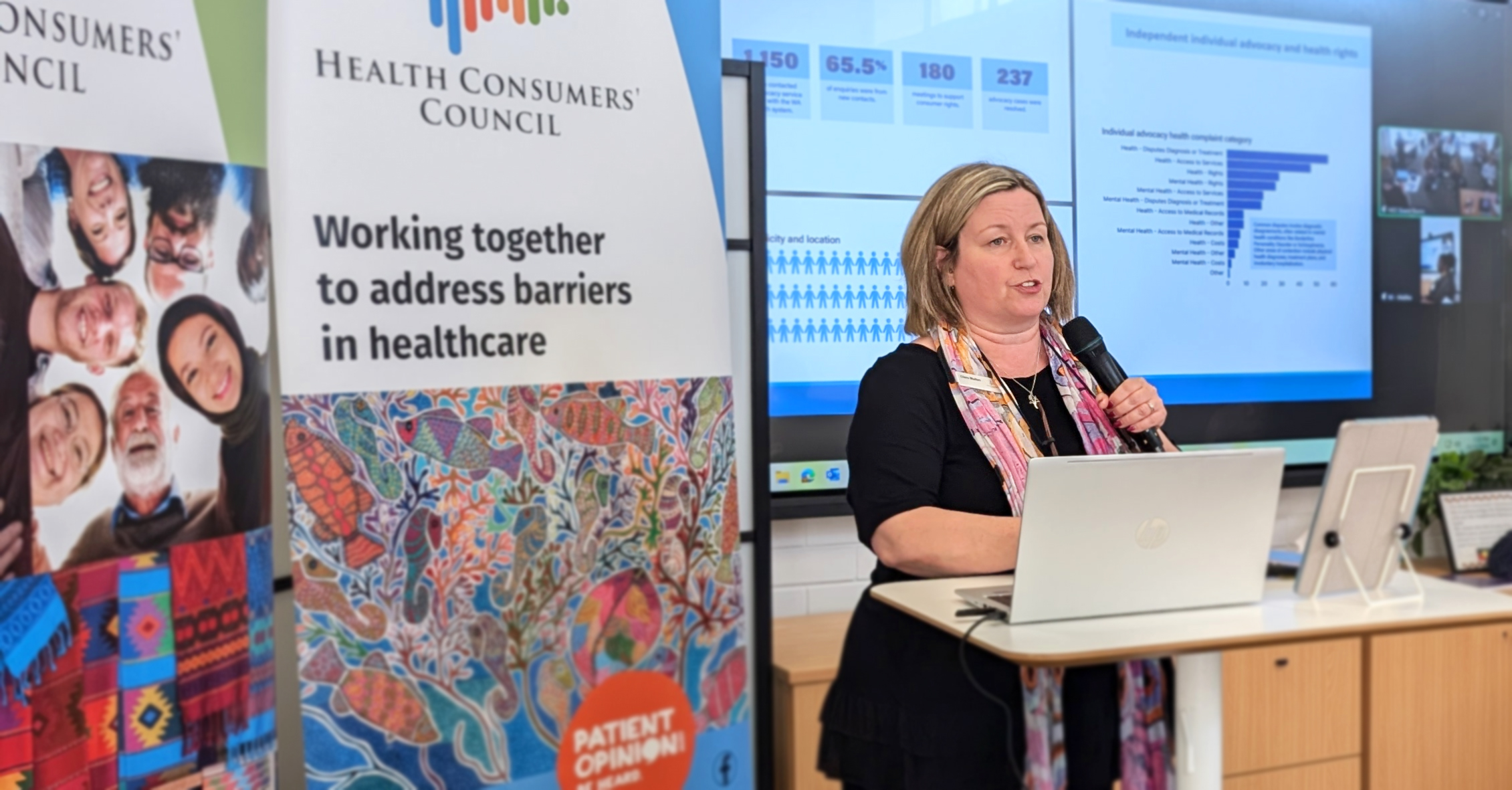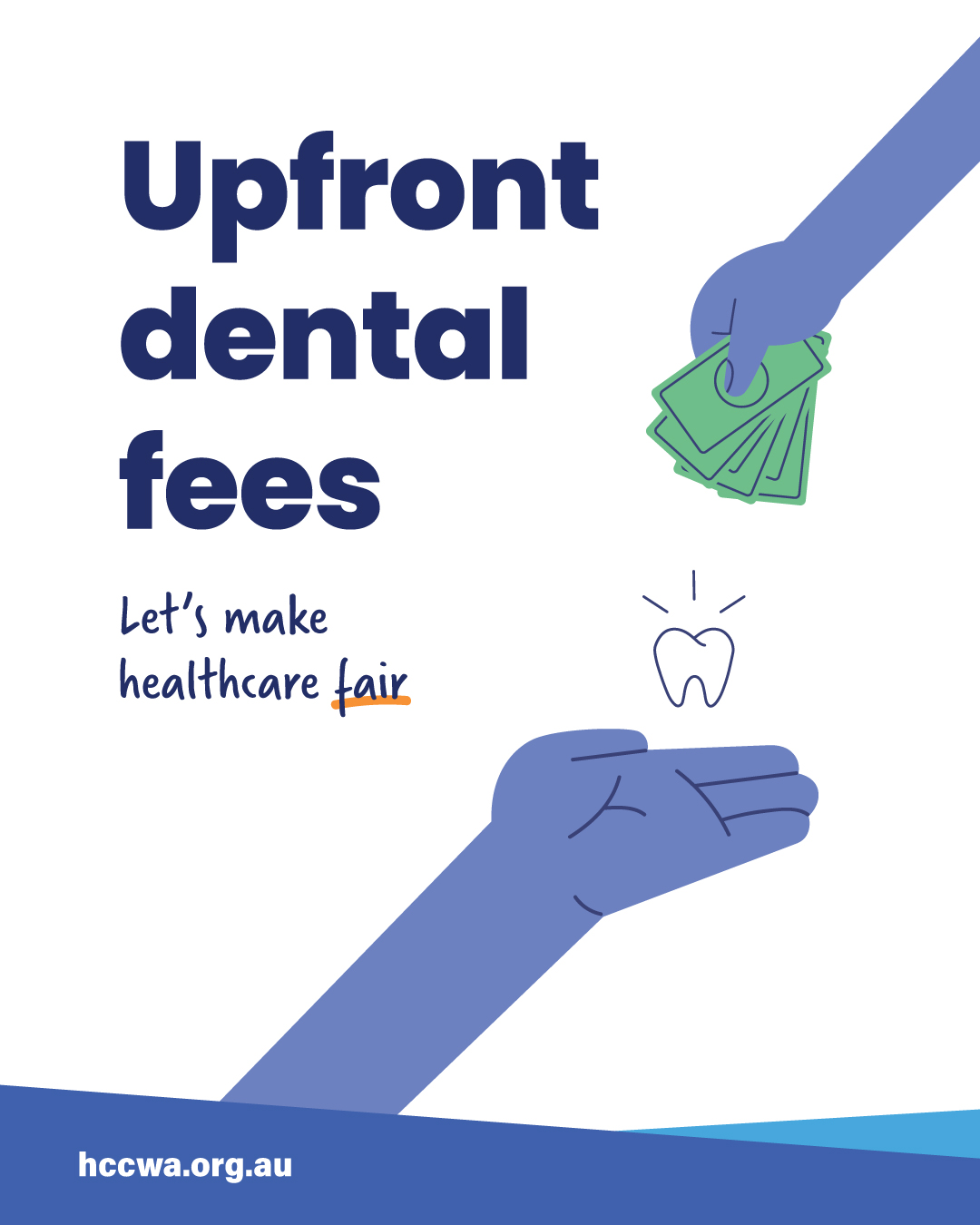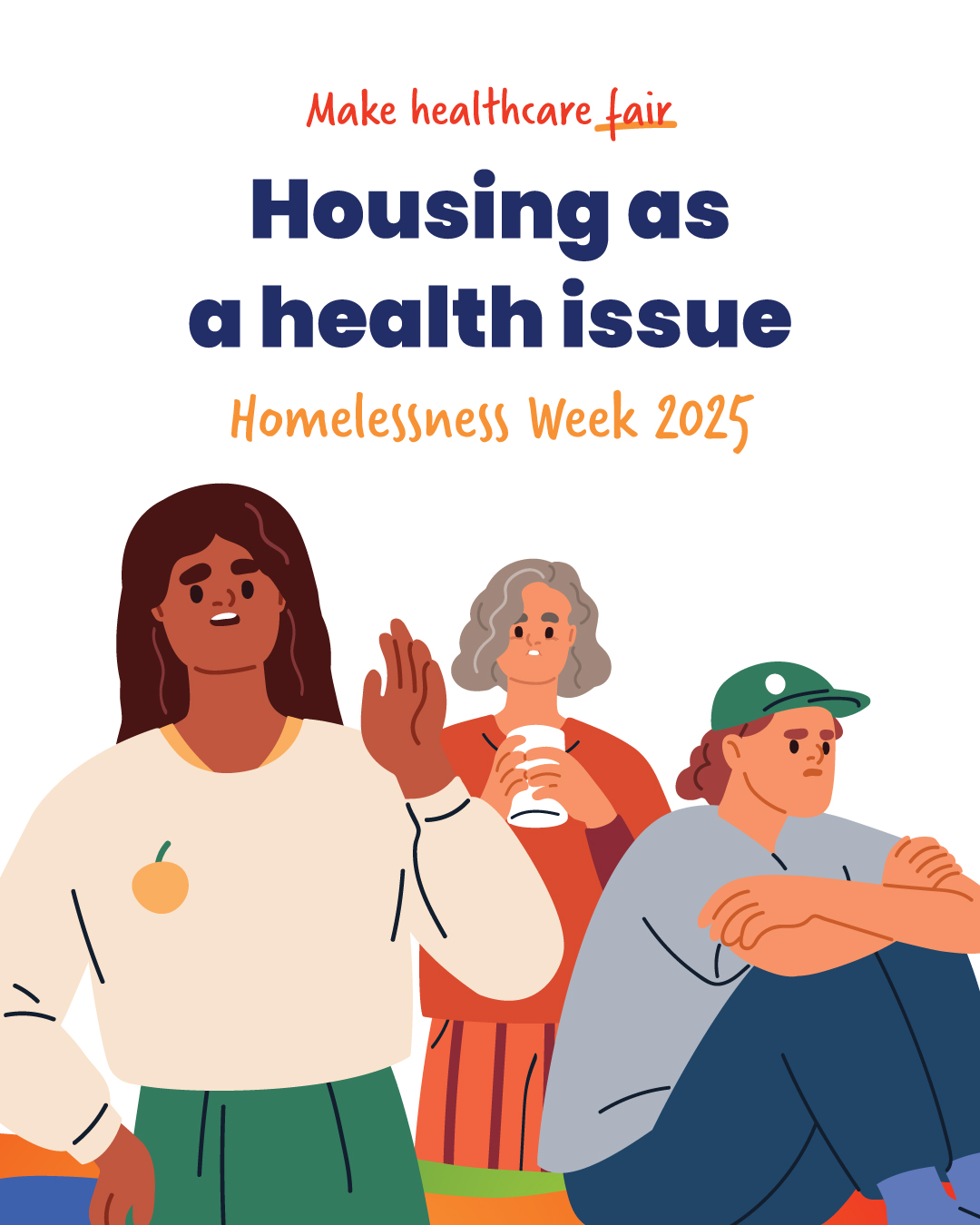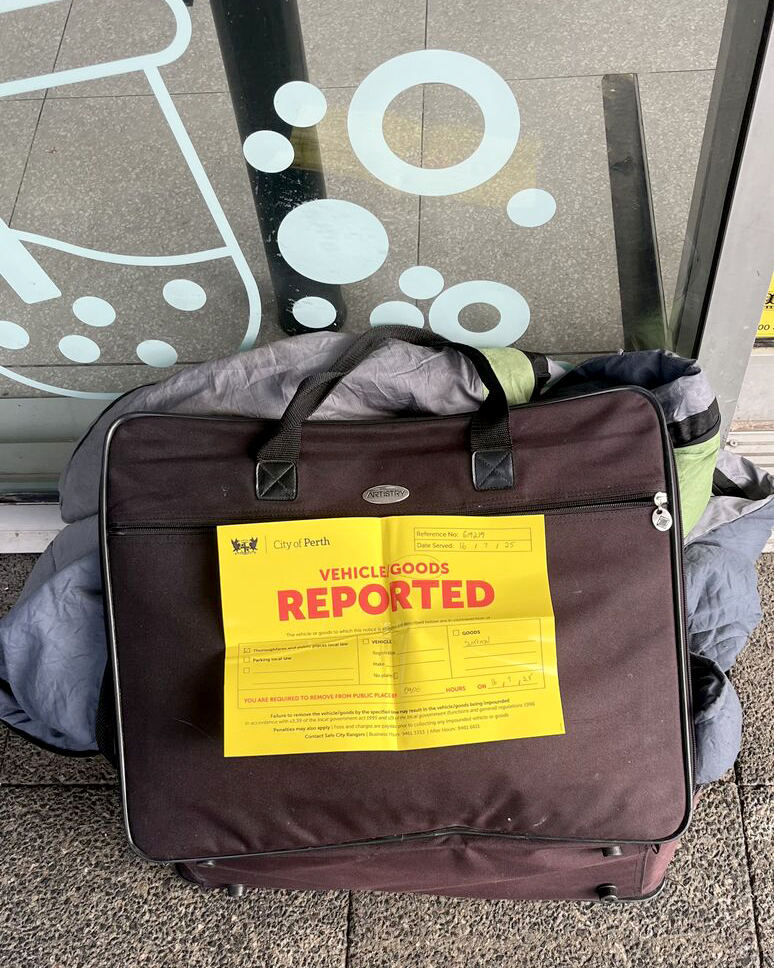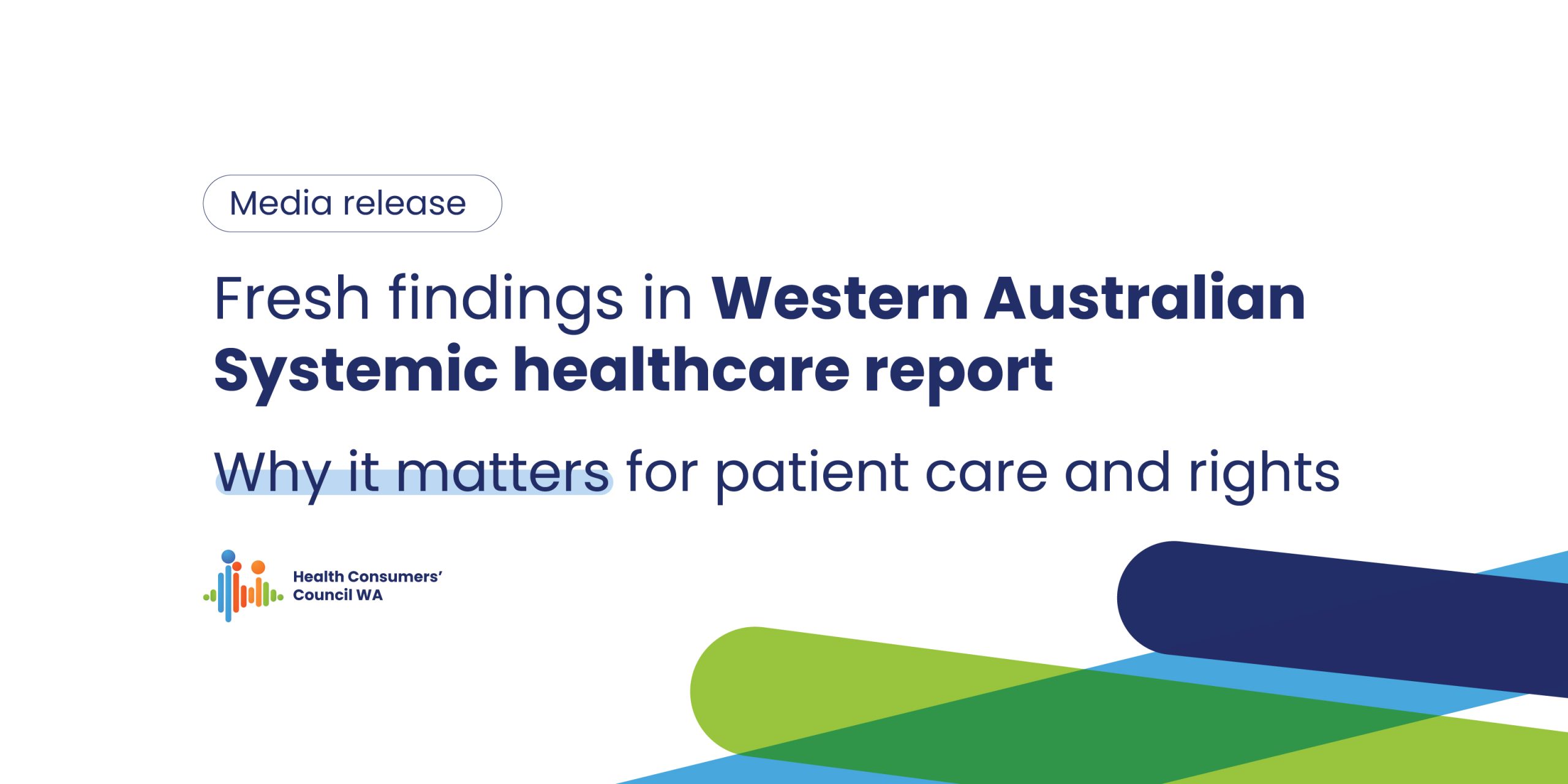

Western Australia Health Systemic Advocacy October to December 2025
We acknowledge Aboriginal and Torres Strait Islander peoples and communities as the Traditional Custodians of the land we work on, specifically the Whadjuk people of the Noongar nation, and pay our respects to Elders past, present, and emerging. Australia always was and always will be Aboriginal land.
Health Consumers’ Council acknowledges the unique insights and strength of those who navigate the complexities of the health system as consumers and thank them for sharing their lived experience and wisdom to help make healthcare fair for everyone.
Contents
Key meetings to promote consumer interests. 4
Private Health Consultations for Prison Patients. 6
Pregnancy Testing, Management of Pregnancy and Care of Residential Children Policy.. 6
Committees and forums we’ve attended this period.. 9
Introduction
Since 1994, Health Consumers’ Council WA has been advocating for the interests of the WA community, health consumers, patients carers, and families when it comes to health and healthcare. That work involves maintaining productive relationships with a wide range of people across health and social care so that consumer interests influence every level of decision making. Much of this work is done on a daily basis behind the scenes. We want to provide our members, friends and stakeholders with a regular update on how we’re amplifying and championing diverse consumer interests to help drive positive change.
This is a new publication for us, and we’d welcome feedback – what is helpful/interesting? What is not?! Let us know by emailing us at engagement@hconc.org.au
Key meetings to promote consumer interests
- Met with the Network of Consumer Representatives across WA Health Services and discussed the systemic advocacy program with them
- Attended the launch of the WA Council of Social Services (WACOSS) budget submission and AGM
- Attended the launch of the Justice Through Our Eyes, 100 Voices for Change report
- Met with WA Health Department staff to discuss consumer involvement in health infrastructure projects
- Discussions with WA Health Senior staff on increasing access to individual advocacy
- Met with WA Health to discuss the contracts in place around hospital parking costs
- Discussed the refreshed Outpatients Strategy with Department of Health Staff
- Attended the launch of the St John Ambulance Impact report
- Attended two meetings with the team from Care Opinion while they were in Perth, and discussed an upcoming event
- Met with Frank Paolino, member for Mt Lawley, to introduce HCCWA and our work
- Met with Dan Bull, member for Bayswater, to introduce HCCWA and our work
- Attended the Behind Bars Beyond Care panel event hosted by the WA Justice Association to hear stories of the prison health system and how it impacts the lives of incarcerated people
- Attended the Joint Commissioning statewide forum, hosted by the Commonwealth Department of Health, WA Primary Health Alliance, the State Department of Health and the Aboriginal Health Council of WA to discuss opportunities for collaborative commissioning projects across the health sector
- Quarterly meeting with the Director General of the Department of Health
- Met with staff from the Department of Health to discuss progress on the consumer involvement on the new Women’s and Babies’ hospital. Raised the issue of affordable parking access among other things.
- Met with the DOH staff member involved in the management of the state dialysis services contract to discuss contract KPIs and consumer concerns
- Met with the CEO of the RRR Network – network of Regional, Rural and Remote women, to discuss shared interests and ensure they know how to promote regional interests through HCCWA’s work.
Submissions
Land Development Inquiry
WA Parliament
While this inquiry was initially inspired by the public response to building the motor racing track at Burswood Park, the Terms of Reference were broad and included the ability to discuss planning laws broadly. We’re always on the lookout for opportunities to raise community concerns with key decision-makers, so we grabbed this chance to talk about Fast Food restaurants in planning laws.
We shared the following:
- Currently there is no consistency in planning laws around the classification of fast food restaurants. Some Local Governments classify them as a “restaurant” while others classify them as “takeaway facility with drive through”.
- Having a separate category for fast food/junk food venues would allow Local Governments to prevent fast food vendors from operating in certain areas, such as near primary schools.
- The current categorisation as “restaurant” means that in some locations there are fast food establishments close to schools and close to other restaurants that offer fresh and healthier food options that may be more expensive than fast food.
- This contributes to children being exposed to fast food advertising, and research tells us that children are heavily influenced in this way, and that exposure to fast food establishments and advertising contribute to unhealthy eating and rising obesity rates.
- Having a category in planning law specifically for fast food establishments would provide Local Governments with the statutory framework they need to ensure that these establishments are only approved in more appropriate areas, away from schools and away from healthier food options.
Private Health Consultations for Prison Patients
Department of Justice
The Department of Justice Clinical Governance Advisory Group considers policies within the justice system that relate to health care. This policy allows for prisoners to make private Medicare appointments in some circumstances where the services that they require are not available to them in the prison system. The policy focused heavily on the practicalities of making appointments and transporting patients to and from those appointments. We felt that there were some gaps in the policy that needed to be clearer.
We shared the following:
- There was no indication of what criteria are used when approving requests for private appointments. We recommended that these be clearly stated.
- There was no clarity around the sort of appointments that might be sought by patients. For example, there might be circumstances where an appointment is available in the justice system but the patient would prefer a specific practitioner, and is able to pay for such an appointment. We asked that the policy make it clear on whether these private appointments do allow patient choice or if they are only to be used for services that are clinically necessary but unavailable in the justice system.
- We also asked for clarity on what happens when a patient needs treatment that is not available in the justice system but is unable to afford a private appointment.
- There was no information in the policy about patients appealing a decision made under that policy. We argued that this should be included.
Pregnancy Testing, Management of Pregnancy and Care of Residential Children Policy
Department of Justice
This matter came to our attention when we attended a forum on healthcare in the prison system. We heard a social worker speak who told us that when women who are in the justice system deliver babies who are either pre term or need special care for other reason, they are then separated from those babies for extended periods of time once the mother is well enough to be discharged. The baby remains in the care of the hospital while the mother returns to the prison system and the capacity for the baby and mother to spend time together is heavily restricted. This is a human rights issue, and also surprising in the context of the recent focus on the first 1000 days of the life of a baby. This policy was not yet scheduled for review by the committee, but we asked to provide some thoughts.
We shared:
- The current policy that covers pregnancy is missing any information on what happens immediately after the birth of the baby
- The policy seems to assume that the baby will be well enough to be discharged at the same time as the mother, but even then there is no information given about the expected procedures to follow with where the mother and baby will be accommodated.
- We asked what arrangements are able to be made and what policy considerations can be put in place for a mother and baby to spend crucial time together when the mother is well enough to be discharged but the baby is not.
- There are studies that confirm that women in the prison system are more likely to give birth to pre term babies, due to a combination of factors. Given that pre term birth is a specific risk for the population served by this policy, it is important that the policy addressed those circumstances.
- We also noted that the policy is silent on high risk pregnancies, such as those where a mother needs to on extended bed rest or is at an elevated risk of pre eclampsia.
Deaths in Custody Policy
Department of Justice
The Department of Justice shared their Deaths in Custody policy for feedback. This policy was mostly focused on managing the scene following a death in custody.
We shared:
- That such a policy should also include information about informing and supporting families following a death in custody
- We asked if the partner policy which applied to Youth Detention Centres, which we had not viewed, was the policy that covered Unit 18 at Casuarina Prison as well.
- The policy has a section on what occurs when a patient dies outside of a custodial facility. We asked if this section could also include information about how it is determined if the patient’s status as a prisoner had contributed to their death – for example were restraints used that may have meant that their experience was different to the experience of a patient who is not a prisoner.
- The policy did not elaborate on the training, resources, capacity and medication available to staff to undertake a full resuscitation, so we were unable to learn from the policy if staff are able to resuscitate a patient or rather continue to provide CPR until an ambulance arrives.
Presentations
The McCusker Centre for Citizenship at UWA runs a program where students undertake internships with organisations as part of a their university studies. We have hosted a number of McCusker interns who have undertaken a variety of projects for us. We were invited to sit on a panel at a McCusker Alumni event to talk about the health system in WA. This was a great opportunity to speak to students who were mostly studying degrees in health and to help them understand the health sector through a consumer lens. We discussed workforce issues in rural and remote areas, health rights, preventative health and programs that help people stay well, in their communities and out of hospital. We talked about how your postcode can influence how healthy you are and how long you live. For some of these students this was a whole new experience and a new lens through which to understand their chosen field of study.
Committees and forums we’ve attended this period
- Monthly meetings with Systemic Health Advisory Collective – a group of systemic health and policy staff from WA Based consumer organisations in the Mental Health space.
- Monthly Fair Food WA https://www.wacoss.org.au/projects/fair-food-wa/
- Dental Workforce working group
- Goals of patient care working group
- State Oral Health Advisory Group
- Consumer Health Forum members policy network
- Collaborative Commissioning Project – looking at opportunities to connect commissioning between Federal and State Governments
- Patient Related Outcome Measures (PROMs) and Patient Related Experience Measures (PREMs) working group
- Attended the Preventative Health and Positive Ageing Summit
- WA Peaks Forum
- WA Clinical Senate
- The Australian New Zealand Obesity Society Conference
- Workshop on General Practice Provision in Rural and Remote areas
- WA Health Safety and Quality Summit
- International Forum on Quality and Safety in Healthcare
- WA Aged Care Collaboration Group
Key media
- Interview with Seven West media about the HaDSCO Annual Report data – highlighting the limitations of the health complaints process, and the role that independent advocates play to support consumers
- Interview with Choice Magazine on issues around early release of superannuation and upfront payments for costly dental treatment
- ABC Perth Radio and ABC news – interview on the State Government’s $1.5 billion investment in hospital infrastructure, welcoming the investment and reiterating the need for investment in preventative health.
For further information about this report please contact Health Consumers Council WA on 08 9221 3422 or info@hconc.og.au





